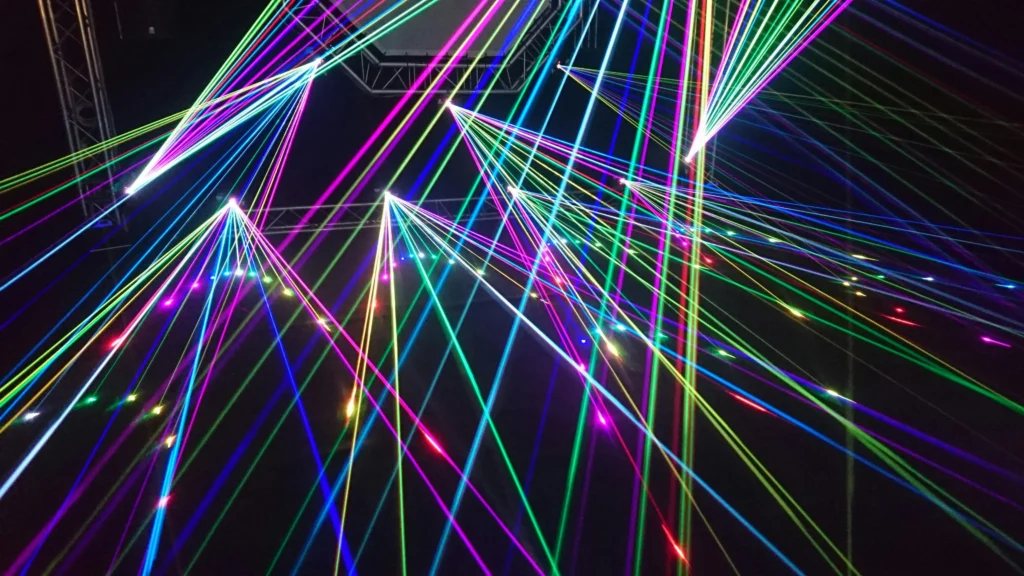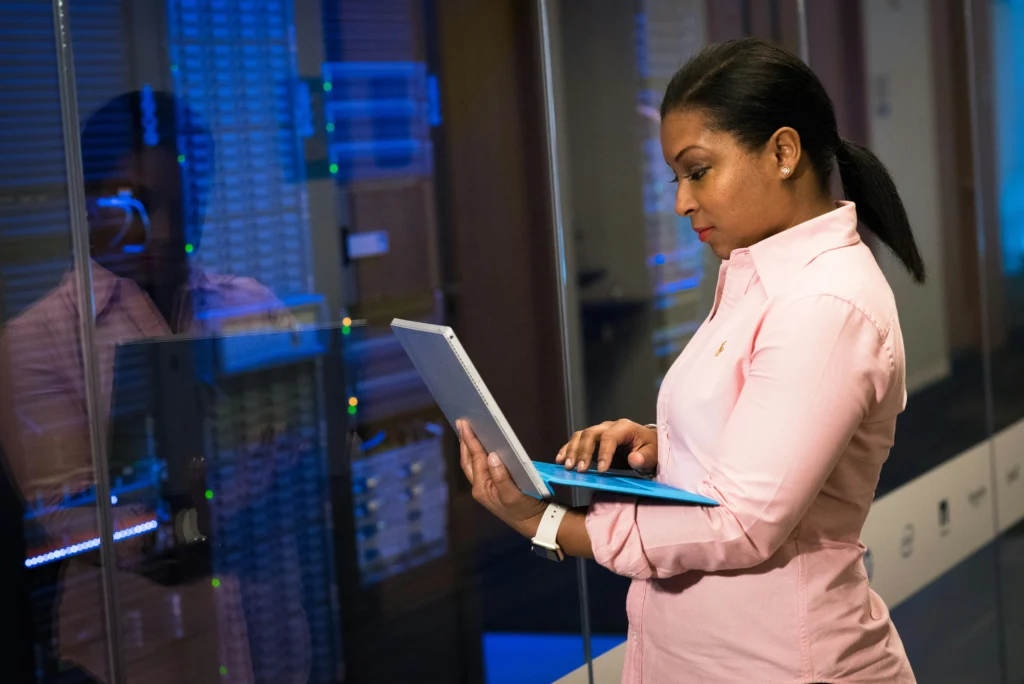
AI tools now have the ability to produce content that reads and looks like it was created by live people. The following are just a few examples:
Image producers like DALL·E and Midjourney can create realistic art from simple text prompts.
Writing assistant programs like ChatGPT and Jasper can write blog posts, stories, and marketing content.
Video tools, like Google’s Veo, can turn text into full video with shots and the odd C-grade script.
Music AI, like AIVA and Amper Music, can compose soundtracks and simple melodies.
These tools save time and costs and allow anyone (even a non-artist) to create content. But this begs the question: will traditional artists, writers, and designers become obsolete?
Jobs That Might Be Affected
Some creative jobs may be more susceptible than others.
That being said, this does NOT mean all jobs in creative industries will disappear; in fact, it is likely that many jobs will evolve.

AI might replace some creative workers, but it may actually empower some creative workers. Here are some examples:
Artists can use AI to explore new styles and ways of working.
Writers can generate new ideas more quickly and spend time telling more powerful stories.
Musicians can experiment with melodies and effects using AI programs.
In this way, AI proves to be a creative collaborator instead of a competitor. It fuels the creative process, but at the end of the day, it is still a human’s vision.
Why Human Creativity Still Matters
AI may be able to enact style, but it has no first-hand understanding of emotion, culture, or experience. Many people emphasise that human creativity is guided by:
Emotions and empathy
Cultural background
These things are all lost in AI. That is why many believe that truly authentic, real, and meaningful art and artful content still requires a human. A machine may be able to paint a picture, but it will never tell a story about loss, love, or joy in the way that a human does.
What Experts Think
The consensus among experts is that AI will transform creative work, perhaps in some jobs completely eliminating humans, but more likely in others. It is much more likely that future creative work will include:
Artists who use AI-enhancing tools to expand, elevate, and push artistic boundaries.
Prompt engineers who write prompts, instructions, or scripts to prompt AI to create an artful piece of content.
Creative editors that enhance or customise AI-generated content.
Education systems and industries are going to need to change as well, ensuring workers learn new skills to be competitive.
Ethics and Legal Dilemmas
There are also big questions about the ethics of AI in creativity:
Governments and companies are now developing laws and policies to answer these questions. It is generally agreed that human creativity must be protected and that AI must be applied responsibly.
The Future: Human + AI
The most probable future is not “AI vs humans” but “humans with AI”. For example, a writer works with AI for brainstorming, or a filmmaker uses AI for visual effects design. AI can save time and energy, allowing creators time and energy to do what they do best – tell stories, share ideas, and express their emotions.
In summary, AI may change the tools, but it will not replace the heart of creativity.